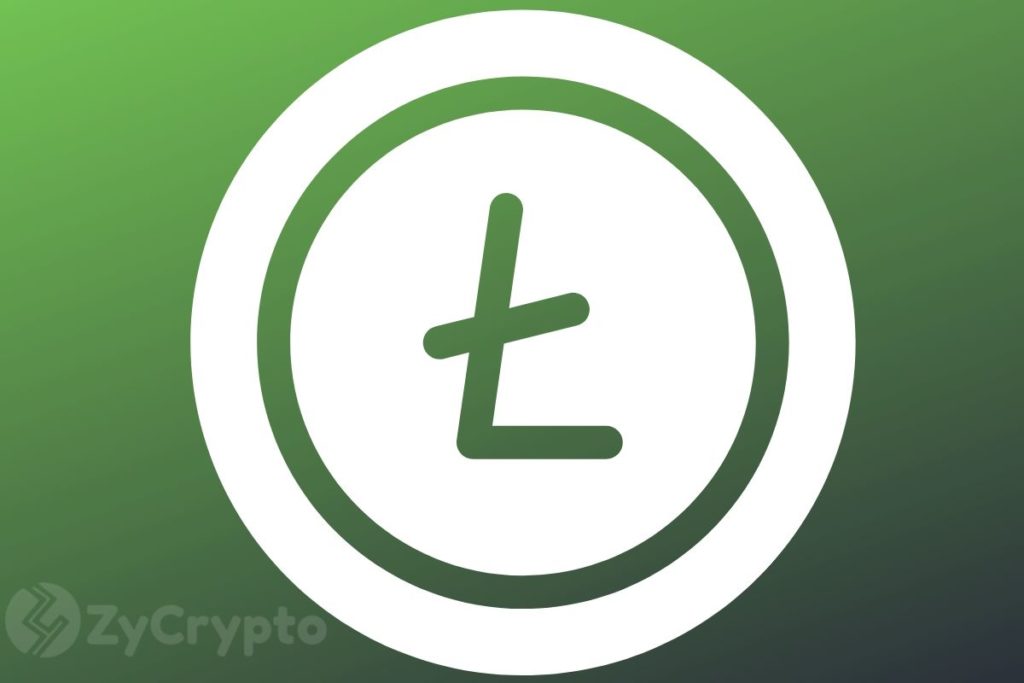2020-7-29 21:39 |
Australia’s New South Wales Treasury Department has released a research paper looking into the regulation of blockchain and another emerging tech. According to the city’s authorities, catching up with the rapid technological progress could save New South Wales a significant amount of money in compliance costs. The paper reads,
“Even small improvements to our regulatory framework have the potential to drive significant economic benefits. A saving of just 5 percent of compliance costs in New South Wales could result in a net benefit between $0.6 billion and $4 billion.”
The research acknowledges that COVID-19 has indeed changed the outlook of businesses in New South Wales, making it necessary to review the current regulatory frameworks. Notably, one of the propositions towards changing the landscape is outcome-focused legislation. This means that legislation will be informed or follow innovation hence giving more space for ideas to thrive.
“Outcome-based regulation can provide the flexibility for businesses to innovate, adapt, and realize the potential of emerging technologies, without having to seek permission from regulators.”
Another factor that the NSW Treasury Department plans to look into is the overlapping of regulation. Currently, some of the laws in this state create quite an overlap when it comes to processes such as registration, compliance, and reporting. This has since made some businesses stall, especially those that heavily depend on a swift action by the NSW market watchdogs.
It is, therefore, not surprising that the NSW state has decided to play catch up or ‘pace the problem’ by fast-forwarding considerations on emerging tech regulatory frameworks. In doing so, the Australian city is optimistic that it will seamlessly recover from the effects of COVID-19 under proper oversight while adopting the latest tech,
“With new tools providing a roadmap for reform, the way forward for New South Wales is clear … Technology and AI can continue to play a role in assisting regulators to target opportunities for burden reduction and streamline reform moving forward.”
origin »Bitcoin price in Telegram @btc_price_every_hour
Time New Bank (TNB) íà Currencies.ru
|
|






















